Air filters
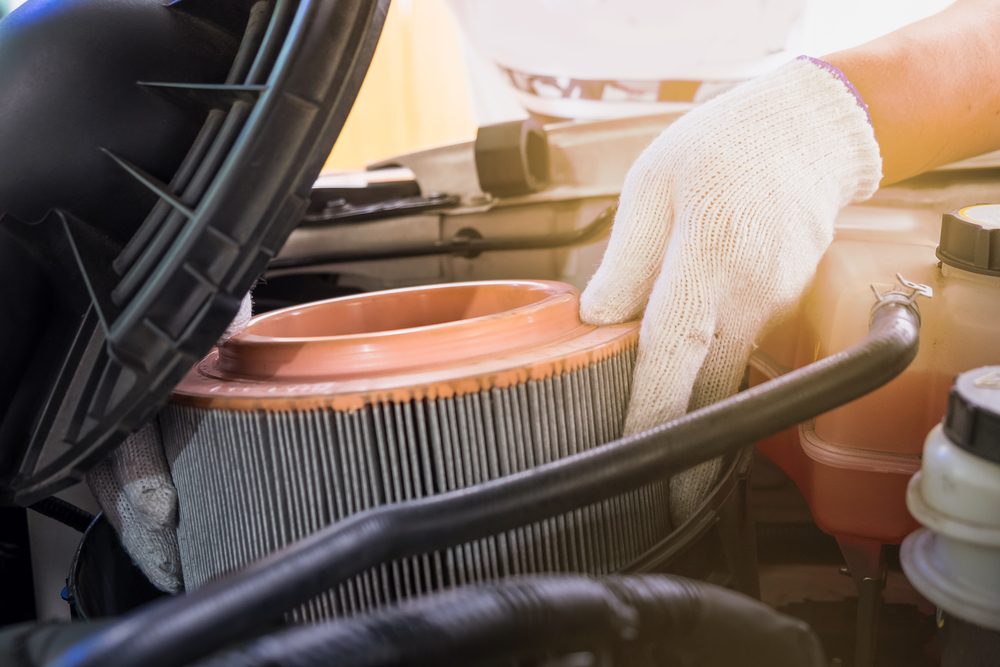
The air filter traps dirt particles, which can cause damage to engine cylinders, walls, pistons and piston rings. Changing car's filters on a regular basis can have a significant impact on engine life and performance. A good rule of thumb is to change filters once or twice a year, or roughly once every 15,000 miles.
Cabin filters
The primary purpose of cabin air filters is keeping the air inside your vehicle's cabin clean.
Its job is to filter all of the air that comes through the car's HVAC system to prevent pollutants, such as dust, pollen, smog and mold spores from entering.
Cabin filters were introduced in year 2000.
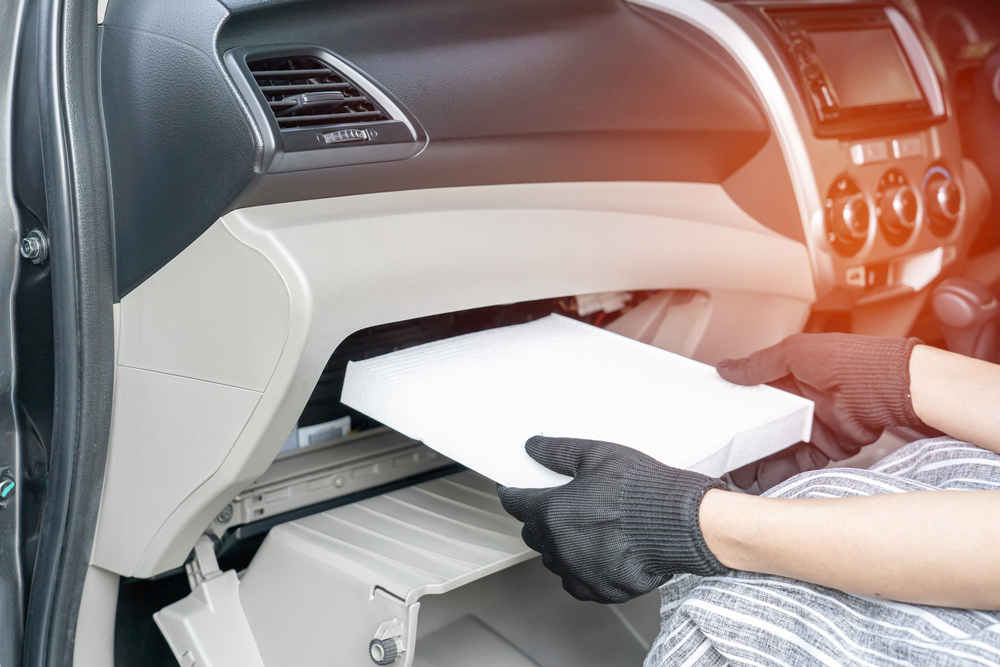
Oil filters
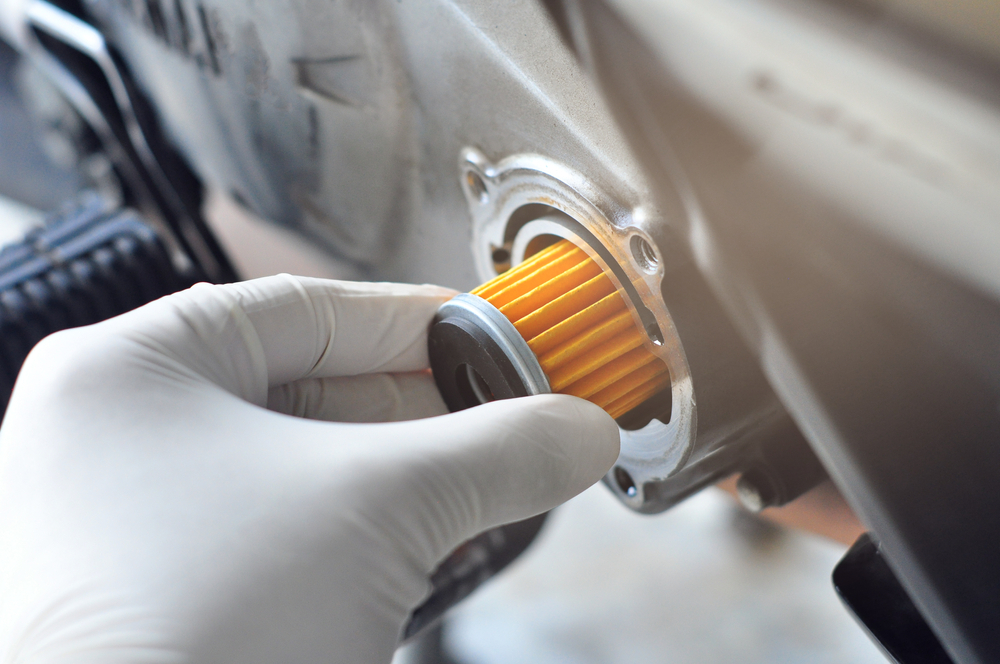
The oil filter is a part of the oiling system on an internal combustion engine.
The filter takes dirty oil and removes particulates and metal flakes from the oil. The cleaned oil is recirculated through the engine after leaving the filter. Oil filters should be replaced along with the oil as the new oil can pick up the contaminants trapped in old oil filter and re-circulate them to engine's moving parts.
Frequent oil and filter changes are an effective and economic way to increase engine life.
Fuel Filters
The function of fuel filters is to screen out dirt and debris present in fuel from entering the engine.
This is important because, dirt and debris will impair the burning of air-fuel mixture. In addition, they will clog up the fuel injectors, which further causes insufficient fuel supply to the engine.
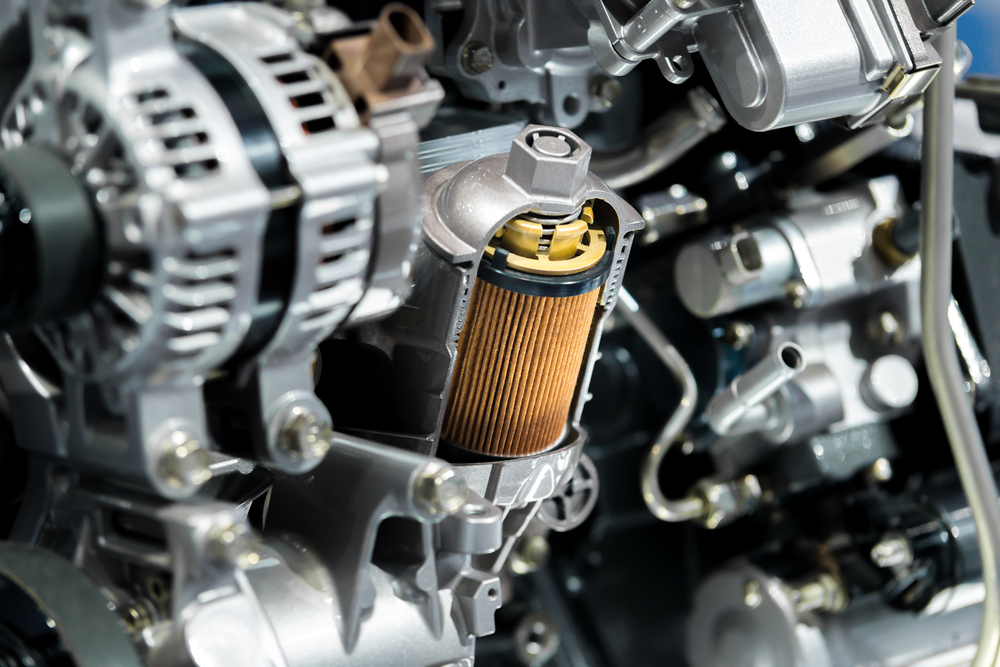
Hydraulic Filters
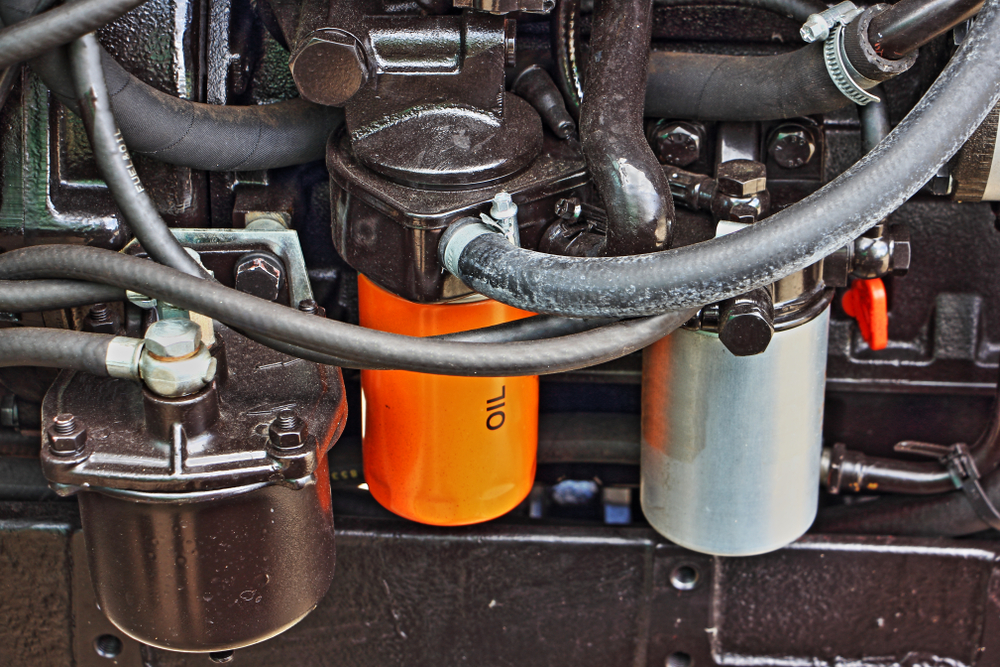
A hydraulic filter helps to remove these particles and clean the oil on a continuous basis. The performance for every hydraulic filter is measured by its contamination removal efficiency, i.e. high dirt-holding capacities.
Almost every hydraulic system contains more than one hydraulic filter. The hydraulic filters between pump and actuators are referred to as pressure filters and the hydraulic filters between the actuators and tanks are low pressure or return line filters.



